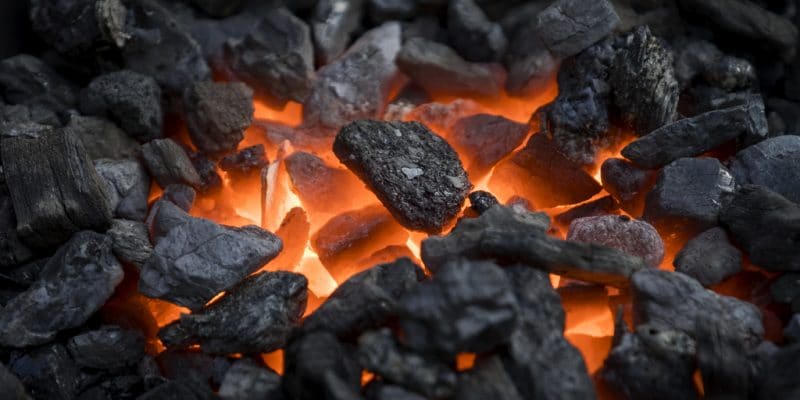More than a hundred survivors of the Central African crisis living in Cameroon have discovered a new passion: they produce clean coal that they sell to support themselves and their families. Their action also contributes to the fight against environmental damage.
The refugees live in the Gado-Badzéré camp, a locality in Cameroon located in the Lom-et-Djérem department in the eastern region, close to the Central African Republic border. The women refugees from the Central African Republic have decided to find a way to make some money while protecting the environment. Every day, they recycle vegetable waste into clean coal. In the rain and sun, they work daily to run their “business”. ”To obtain their product, they burn scraps of maize, cassava and grass from Laos, commonly known as dried Bokassa. They then store the obtained product in a barrel which they hermetically seal. At the same time, another team is preparing cassava porridge that will then be added to the carbonised waste. The aim here is to make the dough compact. The whole is then poured into a cylindrical mould. After cooling, the women obtain charcoal briquettes in the shape of a cylinder. For Fatou Ousmane, one of the workers, producing ecological coal is a weapon to fight against environmental destruction. “We love what we do. We produce a resistant and non-toxic coal, so we protect our environment because we no longer go into the bush to cut wood,” she told Le Monde newspaper.
Families smile again thanks to coal
The women produce an average of 300 kg of coal per week. They sell the kilogram at 0.30 euros in the camp against 0.38 euros to the outsiders. The 30 kg bag is sold for 9.12 and 11.45 euros respectively. Fatou Ousmane, speaking to the newspaper Le Monde, gives details on revenue management. “For every bag of coal sold, we deposit half of the revenue in our cashbox. This money is used to buy biomass, fuel, and maintain machinery. We share the other half. »
The practice is reminiscent of the one reported in the online newspaper Reporterre in January 2018. Here, refugees from Boko Haram who, between Bokolo and Maroua, in the far north of Cameroon, are also making coal from vegetable waste, as exiled and indigenous women. The only difference is that their bricks are made from peanut shells, corn cobs and millet stalks.
Deforestation persists despite the government’s efforts
Cameroon has lost a large part of its illegally logged forests. In May 2018, when the national reforestation campaign was launched, the government committed to restoring more than 12 million hectares of land lost due to deforestation. An objective it hopes to achieve by 2030. In the short term, the Cameroonian government wants to plant 556,100 trees before the end of the campaign. A project that it estimates at nearly 1,000 euros. It is a worthwhile investment, especially since Cameroon’s forest is the second-largest forest massif in Africa, after the DRC, with 22.5 million hectares. The activities related to this represent more than 45,000 jobs and nearly 7% of GDP.
Luchelle Feukeng







